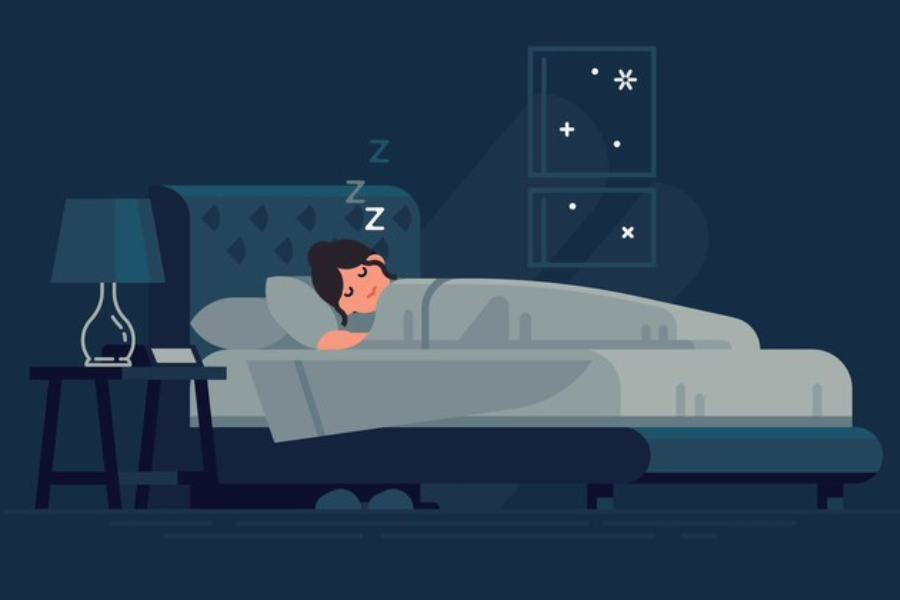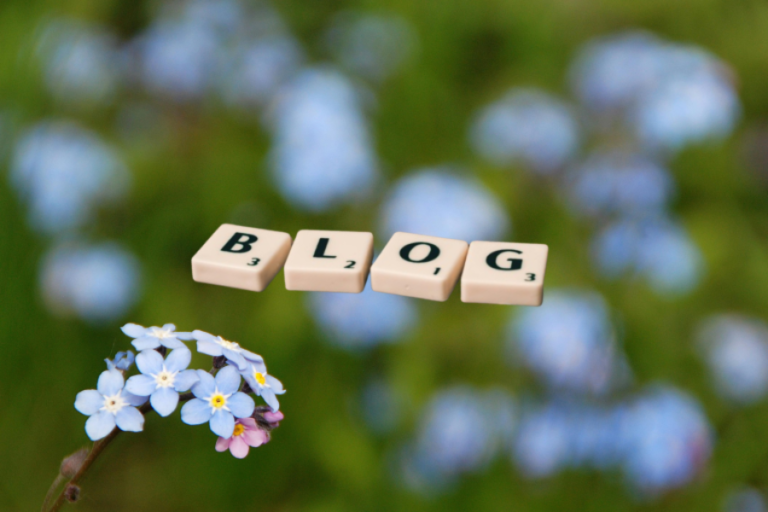The Rise of “Need Sleep” Memes: A Fun Yet Serious Look at Sleep Health
In our fast-paced digital world, memes have become an essential part of social media culture. Among the many types circulating online, “Need Sleep” memes—often presented in a 1080×1080 format—have carved out a unique space. These funny and relatable images capture the common struggle of sleep deprivation and the universal craving for more rest. However, they do more than just entertain; they highlight a crucial issue: the significance of sleep health. In this comprehensive guide, we’ll explore the emergence of “Need Sleep” memes, their influence on social media, and how they can help promote healthy sleep habits.
Understanding Sleep: The Science Behind It
Exploring the Stages of Sleep
Sleep is a multifaceted process that involves several stages, each crucial for our overall health. By understanding these stages, we can better appreciate the need for quality sleep.
The sleep cycle consists of four primary stages, categorized into Non-Rapid Eye Movement (NREM) and Rapid Eye Movement (REM) sleep. The first three stages fall under NREM, while the fourth is REM sleep.
- Stage 1 (NREM): This is the lightest sleep stage, lasting only a few minutes. Here, your body begins to relax, and your brain produces theta waves. It’s easy to wake up from this stage.
- Stage 2 (NREM): Comprising about 50% of your total sleep, this stage features a slowed heart rate and decreased body temperature. While brain activity slows, there are brief bursts of rapid activity called sleep spindles.
- Stage 3 (NREM): Also known as deep or slow-wave sleep, this stage is critical for physical restoration. Your body repairs tissues, builds muscle, and bolsters the immune system. Waking during this stage can lead to grogginess.
- Stage 4 (REM): This stage is where dreams occur, characterized by heightened brain activity. REM sleep supports cognitive functions such as memory, learning, and problem-solving. Your body experiences temporary paralysis to prevent acting out dreams.
The Consequences of Sleep Deprivation
Lack of sleep can severely impact both physical and mental health. Chronic sleep deprivation can lead to:
- Physical Health Issues: It’s linked to various problems, including obesity, diabetes, heart disease, and a weakened immune system. It can also hinder physical performance and slow recovery from illnesses and injuries.
- Mental Health Struggles: Sleep deprivation can contribute to mood disorders like irritability, anxiety, and depression. It affects cognitive functions such as attention, decision-making, and memory, increasing the risk of developing mental health issues over time.
- Reduced Productivity: Insufficient rest leads to decreased focus, problem-solving ability, and overall performance at work or school, affecting personal relationships and daily life.
Defining Good Sleep Health
What Constitutes Good Sleep Health?
Good sleep health encompasses more than just the hours spent in bed; it’s about the quality of sleep and its overall contribution to well-being.
- Duration: Most adults require 7-9 hours of sleep each night, although individual needs may vary. The focus should be on finding the right amount that leaves you feeling refreshed.
- Continuity: Sleep should be uninterrupted. Frequent awakenings disrupt the sleep cycle, diminishing its restorative effects.
- Quality: High-quality sleep ensures adequate time spent in each sleep stage, particularly deep and REM sleep, maximizing the benefits of rest.
Tips for Enhancing Sleep Quality
Improving sleep quality significantly impacts overall health. Here are some practical strategies:
- Establish a Sleep Schedule: Aim to go to bed and wake up at the same time daily, even on weekends, to regulate your internal clock.
- Create a Sleep-Friendly Environment: Design your bedroom for optimal sleep—keep it cool, dark, and quiet, invest in a comfortable mattress and pillows, and eliminate distractions like electronic devices.
- Practice Good Sleep Hygiene: Engage in habits that foster restful sleep. Avoid caffeine and heavy meals close to bedtime, limit screen time in the evening, and partake in relaxing activities such as reading or taking a warm bath.
The Emergence of “Need Sleep” Memes
Origins of These Memes
“Need Sleep” memes have gained traction online, resonating with many who face sleep challenges. Their rise can be traced to increased awareness of sleep health issues in contemporary society. As people recognized the importance of sleep, they began sharing their experiences and frustrations through memes, which quickly became relatable and humorous.
Typically featuring funny images paired with witty captions, these memes highlight common struggles associated with sleep deprivation. The 1080×1080 pixel size became a standard for easy sharing on platforms like Instagram and Facebook.
The Message Behind the Humor
While “Need Sleep” memes are humorous, they convey a deeper message about the significance of sleep health. They remind us that sleep is a fundamental need that should not be overlooked.
These memes often depict relatable scenarios, such as burning the midnight oil for work, the struggle to rise in the morning, or persistent fatigue throughout the day. By showcasing these experiences, the memes encourage prioritizing sleep and making positive changes to our sleep habits.
The Impact of Meme Culture on Sleep Awareness
Using Memes as Awareness Tools
Memes have emerged as powerful tools for promoting awareness of significant health topics, including sleep health. Their widespread appeal and shareability allow them to effectively reach a broad audience.
Memes can simplify complex information and present it in an easily digestible format. For instance, a meme illustrating the consequences of sleep deprivation can quickly communicate the harmful effects of inadequate rest.
By leveraging memes, health advocates can connect with individuals who might not engage with traditional health education. This can foster greater awareness and motivate people to improve their sleep habits.
Weighing the Benefits and Limitations
While memes can effectively promote health education, they come with potential drawbacks. It’s essential to consider both the advantages and limitations of using memes for sleep health awareness.
- Benefits: Memes are easily shareable and can go viral, quickly reaching a wide audience. They can also make health information more engaging, particularly for younger demographics.
- Drawbacks: Memes often oversimplify information and may not provide comprehensive insights into health topics. There’s also a risk of spreading misinformation if content is not grounded in reliable sources.
Creating and Sharing Sleep Health Memes
Crafting Engaging Memes
Developing memes that encourage healthy sleep habits can be a fun and effective way to raise awareness. Here are some tips to get started:
- Know Your Audience: Tailor your memes to resonate with your target demographic, incorporating humor and references relevant to their interests.
- Keep It Simple: Ensure memes are easily understood at a glance. Use clear language and avoid overcrowding images with excessive text.
- Use High-Quality Images: High-resolution images enhance the visual appeal of your memes. Make sure they align with the message you intend to convey.
Maximizing Impact and Reach
Once you create your sleep health memes, it’s time to share them. Here are some strategies to boost their impact:
- Utilize Social Media: Share your memes on popular platforms like Instagram, Facebook, and Twitter. Incorporate relevant hashtags to increase visibility.
- Collaborate with Influencers: Partner with social media influencers who are passionate about health and wellness. They can help amplify your message to a larger audience.
- Encourage User Participation: Host a meme contest or challenge, inviting users to create and share their own sleep health memes. This can enhance engagement and generate more content on the topic.
Conclusion
In summary, “Need Sleep” memes provide a unique and engaging way to raise awareness about sleep health. By understanding the science of sleep, recognizing the effects of sleep deprivation, and utilizing meme culture, we can advocate for better sleep habits and enhance overall well-being.
Prioritizing quality sleep is vital for both physical and mental health. By adopting good sleep hygiene practices and making positive changes to our routines, we can lead healthier, more productive lives. If you seek more tips and resources on sleep health, consider connecting with sleep health advocates and communities online.
Stay in touch to get more news & updates on Sweatlar!






